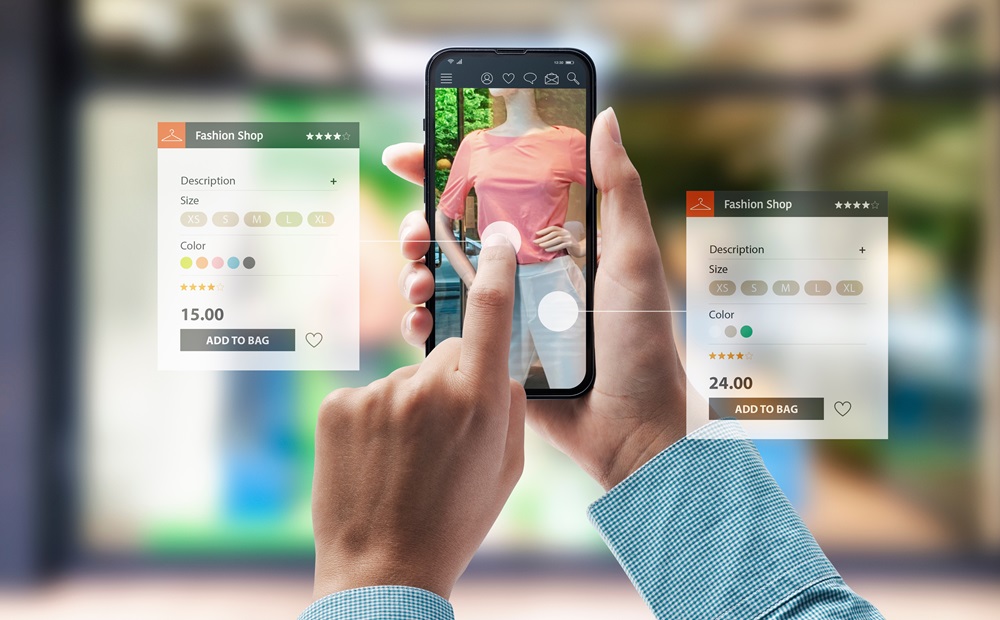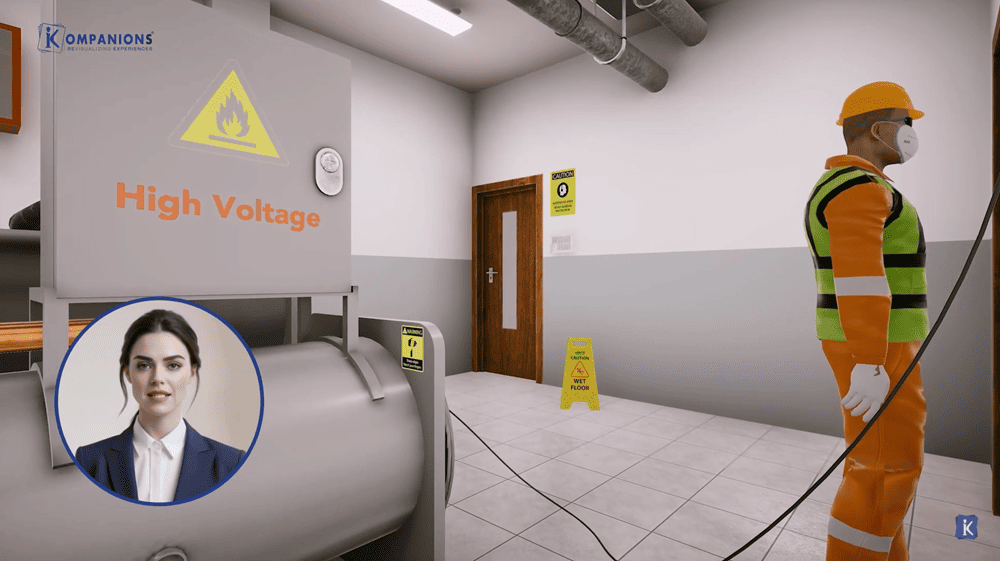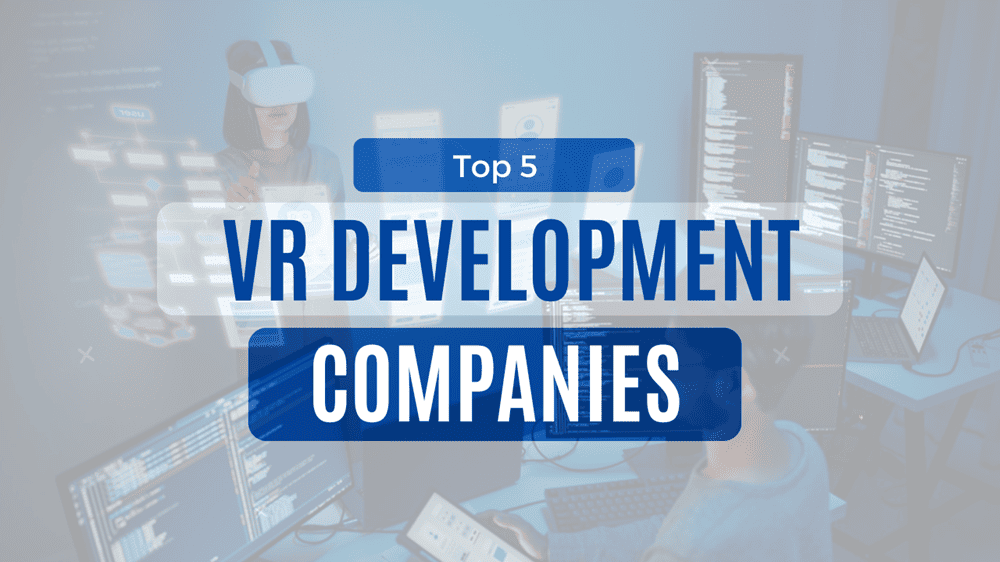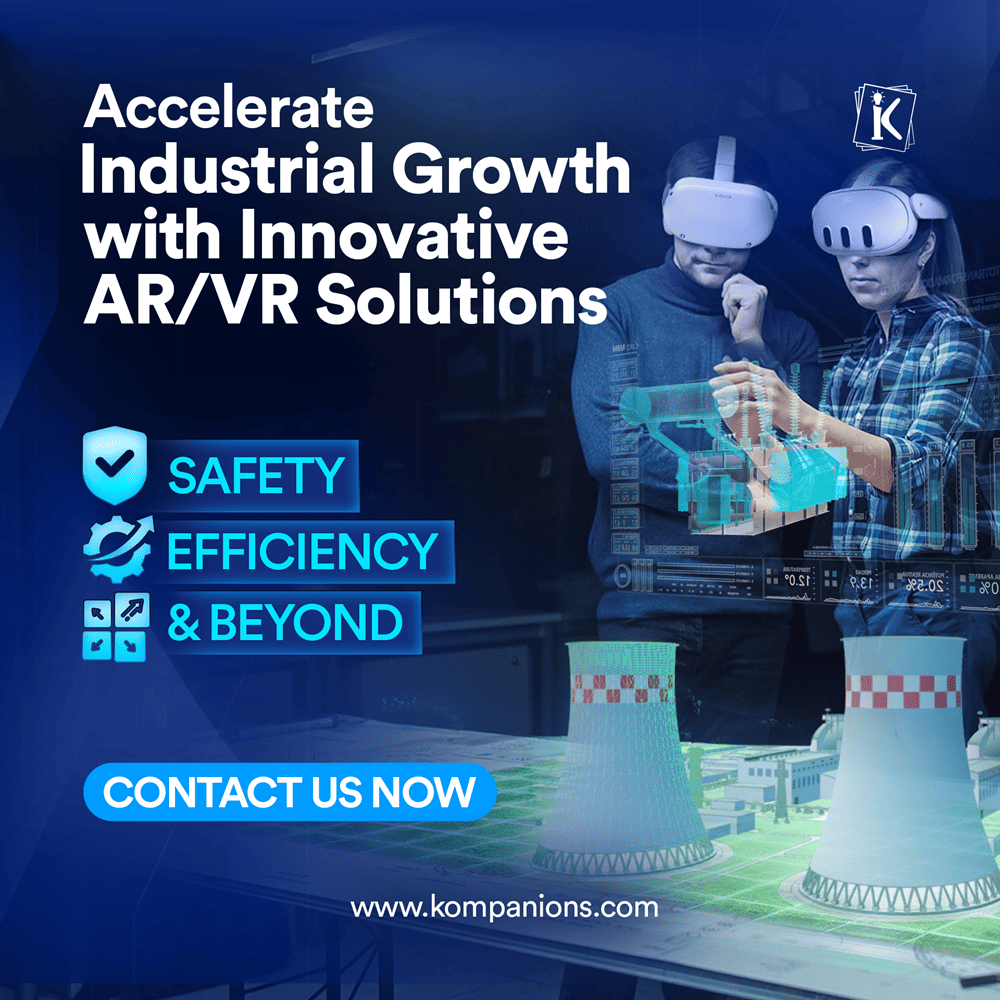AR Shopping for People with Disabilities (PwD)
PwD’s as Consumers;
- According to the World Health Organization (WHO), around 16% of the global population, or approximately 1.3 billion people, live with some form of disability. (World Health Organization).
- Between 110 to 190 million people globally face significant functional difficulties, that impact their everyday lives. (World Health Organization).
- Globally, the estimated annual disposable income for this sector is nearly $8 trillion (Disabled World).
Enterprises now need to start making them a business priority as disabled people are an integral part of the target audience.
Assistive Technologies to Enable PwD’s
Assistive technologies have been a game-changer for people with disabilities (PwD). With the increasing number of education and skilling opportunities opening up for them, job hiring for PwDs has also been increasing.
Companies have formulated inclusive policies and realize that this workforce has proven reliable, honest, and loyal. With government support and loan assistance, many PwDs are also turning into entrepreneurs.
How AR Shopping is Helping People with Disabilities:
Shopping is therapeutic as well as fun for many. However, much as a disabled person may enjoy physical shopping, the lack of facilities and access limitations in stores make it an off-bound activity for them.
Retailers do not factor in a shopping experience designed to cater to the needs of the disabled. Augmented reality in the retail industry has the potential to offer them a memorable experience, one that they can actively take part in a few case studies indicated that ar vr companies in India are enhancing the shopping experience for PwDs.
1. In-store navigation for AR shopping
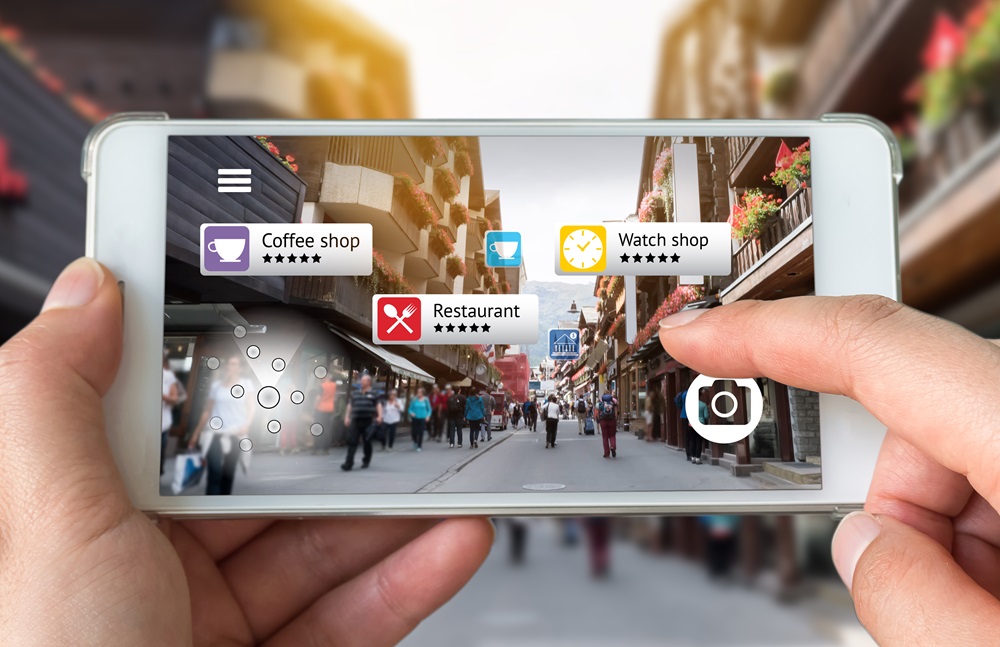
When a consumer enters a store, the app offers a virtual replica for people with disabilities to explore.
AR Restaurants and hotels are also becoming more accessible for physically disabled people. Advanced technologies like AI, VR, and AR in the hotel industry are playing a vital role in this.
2. AR glasses for shopping
For people who cannot use their hands, AR glasses for shopping allow them to view items without using their hands and get all the information about the product.
Consumers can make use of voice commands to complete the purchase.
3. Make shelf products accessible
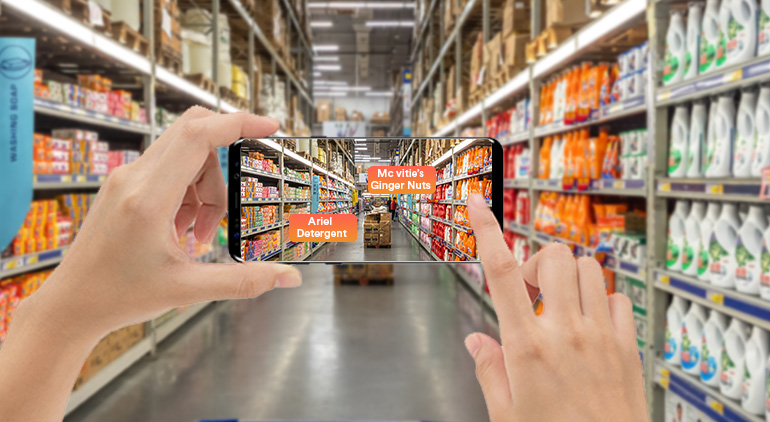
Shelves can be customized for AR accessibility. If consumers see something on the shelf they like, they can point their phone on it and get all the details on it.
They can even fill it into their virtual carts, which upon check out, staff can collect for them.
Conclusion:
Augmented Reality has already created disruptions in many sectors like the augmented reality oil and gas industry, augmented reality in aviation maintenance, and ar vr in healthcare market, etc.
It is set to increase its usage and enter new areas where technology can advance not just business but also social causes.
Augmented Reality can positively impact the lives of disabled people and allow them to lead a life of independence.
At KOMPANIONS, we offer AR VR solutions for all industries.
If you want to tap into the business potential as well as be a socially responsible retail storefront for the AR shopping experience, call us today to understand how we can help you achieve your goals with the best AR solutions.

